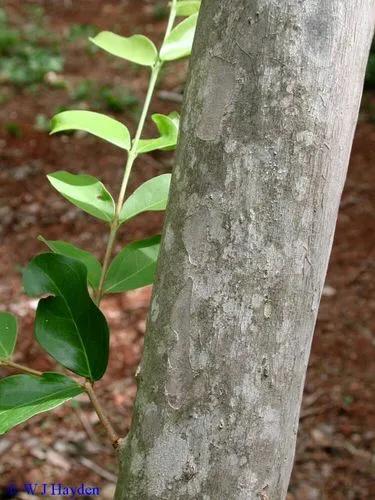Malpighia emarginata is a tropical fruit-bearing shrub or small tree in the family Malpighiaceae. Common names include acerola cherry, Brazilian Portuguese, European Portuguese, Barbados cherry, West Indian cherry, wild crepe myrtle and seriz.
Acerola Care
Malpighia emarginata
Other names: Acerola Cherry, West Indian Cherry, Wild Crepe Myrtle



Acerola is an evergreen shrub or small tree with spreading branches on a short trunk. It is usually 2–3 m (6.6–9.8 ft) tall, but sometimes reaches 6 m (20 ft) in height. The leaves are simple ovate-lanceolate, 2–8 cm (0.79–3.15 in) long, 1–4 cm (0.39–1.57 in), and are attached to short petioles. They are opposite, ovate to elliptic-lanceolate, and have entire or undulating margins with small hairs, which can irritate skin. The fruit of acerola is edible and widely consumed in the species' native area, and is cultivated elsewhere for its high vitamin C content.
How to Care for the Plant

Water

Water every 10 days while fruiting. Otherwise, reduce watering to once a month. Adequate watering is necessary during bloom and fruit development.

Fertilizer

Apply an organic fertilizer mid-winter and mid-summer. Apply a citrus micronutrient solution mid-winter. Avoid high nitrogen fertilizers because they inhibit flowering.

Sunlight

The tree requires full sun. It grows spindly and fruits less in part shade.

Soil

It prefers well drained, dry soils with moderate organic content, pH 6.6-7.5 (neutral). This plant is salt tolerant. Use a 2" layer of organic material to protect roots from high temperatures and reduce evaporation. Keep the mulch at least 6" from the trunk.

Temperature

The tree can be grown in the areas with the lowest winter temperatures of +1.7°C (35°F).

Popularity

1,862 people already have this plant 102 people have added this plant to their wishlists
Discover more plants with the list below
Popular articles






